Youth Advocacy in Action (Spring 2023)
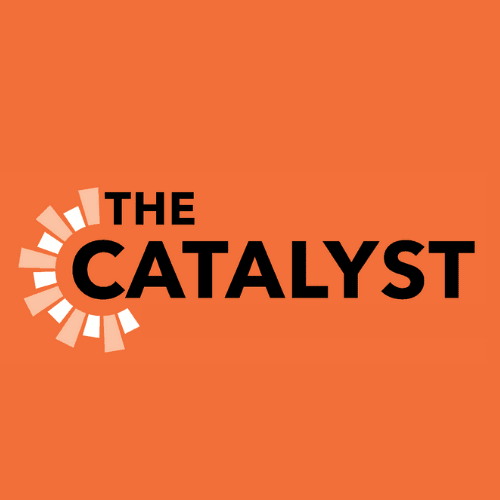
PAI’s Commitment to Equity
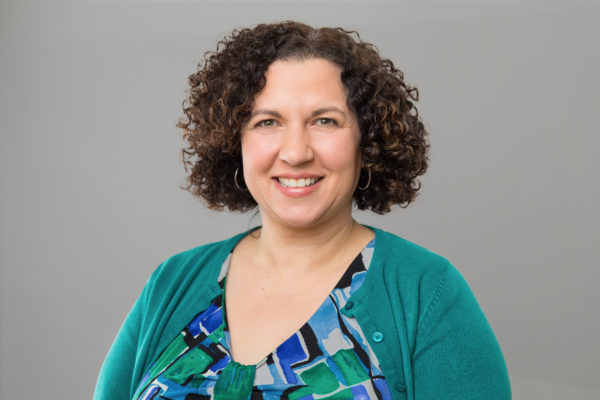
2020 has been an unprecedented year, with the COVID-19 pandemic and the global racial justice movement top of mind for many. Here at PAI, both of these issues have led us to think more deeply about our partnership model and how we can make it more equitable.
At the center of PAI’s work is the belief that the advocates we support are best positioned to lead efforts to expand sexual and reproductive health and rights in their countries. We know that the funding we provide creates an inherent power dynamic, but firmly believe that grantees come to the table with skills equal to ours, including expertise in the local context, a deep understanding of their communities’ needs and relationships with local decision-makers. PAI brings complementary strengths such as advocacy skills, global connections and financial support to advance the goals of the organizations we work with.
We also recognize that PAI’s role is temporary; the grantees we partner with and the communities they represent are the end users of their countries’ health systems and have the most at stake. This is why it is essential that local advocates lead the charge on long-term systemic change.
These beliefs are core to our values, but we also know that we can — and should — do better. One way we’re doing this is by re-examining how we work with grantees and formalizing a Principles of Partnership to guide our work. With input from grantees, these guidelines will ensure mutual accountability and help shift the power dynamic to more equal footing. This initiative began earlier this year and both the COVID-19 crisis and racial justice movement are influencing the way we look at these principles. This lens will no doubt make them stronger and more just.
The grantees we work with are trusted and valued colleagues, and ensuring that we support and honor their work in a way that is equitable and respectful is a priority for us. PAI will continue to uphold these values and always strive to do better.
In partnership,

Elisha Dunn-Georgiou
Interim CEO
The Global Gag Rule Jeopardizes International COVID-19 Responses
As governments around the world respond to COVID-19, they need every available resource — including every health care provider — to fight the pandemic and keep people safe. But U.S. foreign policies like the Global Gag Rule (GGR) are undermining efforts to effectively tackle the COVID-19 crisis in low- and middle-income countries across the globe.
Enacted shortly after the Trump-Pence administration took office, the GGR forces foreign organizations to choose between receiving U.S. global health funding and providing comprehensive sexual and reproductive health care to the people they serve. Because these organizations frequently provide other critical services, including immunizations, maternal and child health care and clean water and hygiene resources, the GGR’s impacts are widespread. The policy has led to the closure of clinics and mobile outreach programs that are often the only source of health care for rural and other hard-to-reach populations, leaving entire communities without providers.
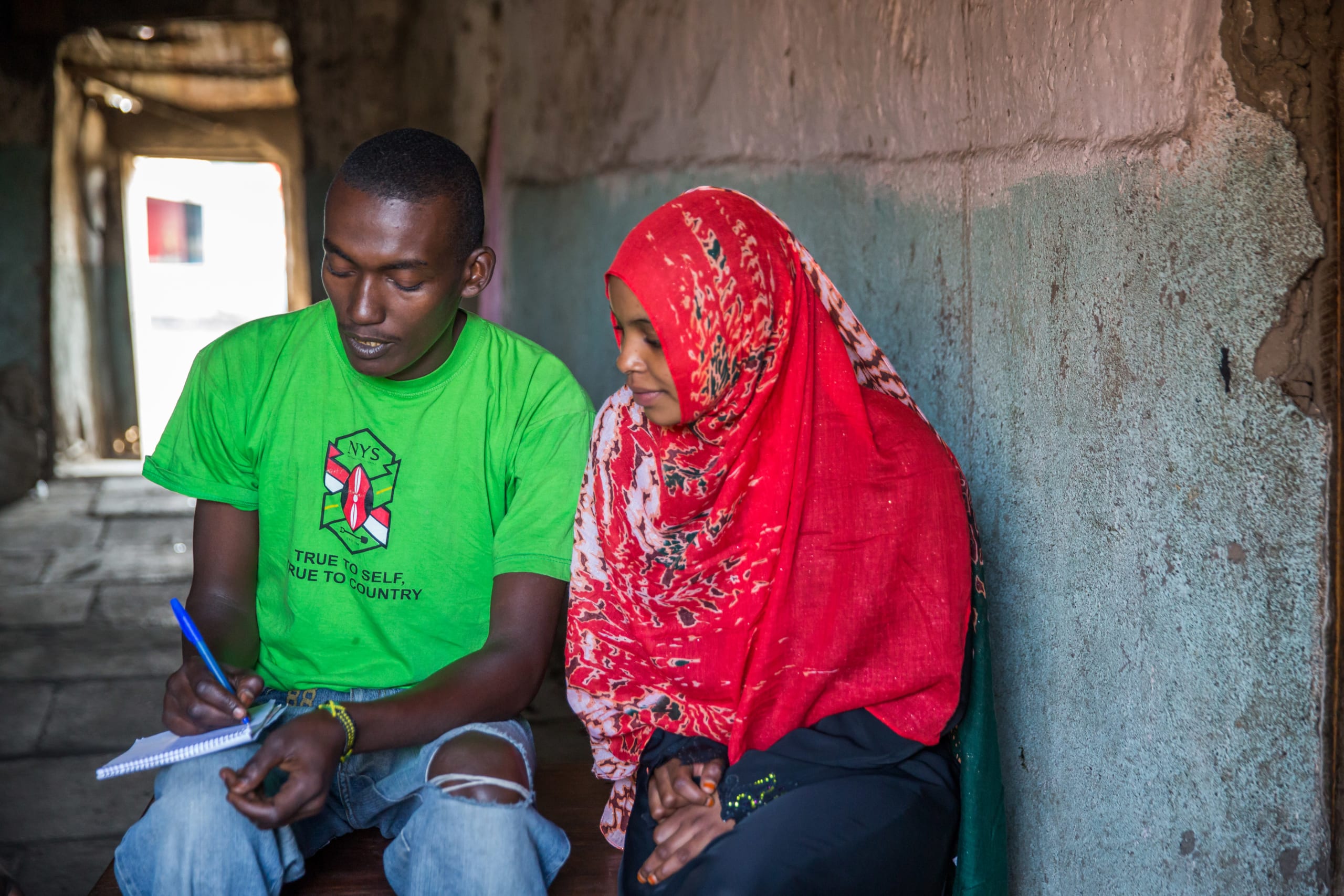
“The GGR as a policy weakens country health systems, undermining their ability to effectively respond to COVID-19,” says Jonathan Rucks, senior director of policy and advocacy at PAI. “By cutting off trusted providers from receiving U.S. global health funding, the policy puts essential health care out of reach for the most vulnerable communities.”
Making matters worse, governments and donors often respond to emergencies by diverting already limited resources away from other vital health services, including family planning. The need for sexual and reproductive health care doesn’t stop during a pandemic, so women and girls are at greater risk for unintended pregnancies, unsafe abortions and complications from childbirth.
The consequences of this could be devastating for women, girls and other vulnerable populations. The Guttmacher Institute estimates that even a 10% decline in the use of sexual and reproductive health care services during the COVID-19 pandemic could result in 15 million unintended pregnancies, three million unsafe abortions and 28,000 maternal fatalities.
As the world faces the COVID-19 pandemic, we are seeing firsthand how destructive U.S. foreign policy can be. With you by our side, PAI will continue to fight for the permanent repeal of the GGR, as well as support grantees who are advocating for their governments to increase domestic investment in health services so they are less reliant on U.S. funding. This will help minimize the impact of harmful donor policies, like the GGR, that are often attached as a condition of receiving financial support.
Advocates Defend Family Planning Services During the Chaos of COVID-19
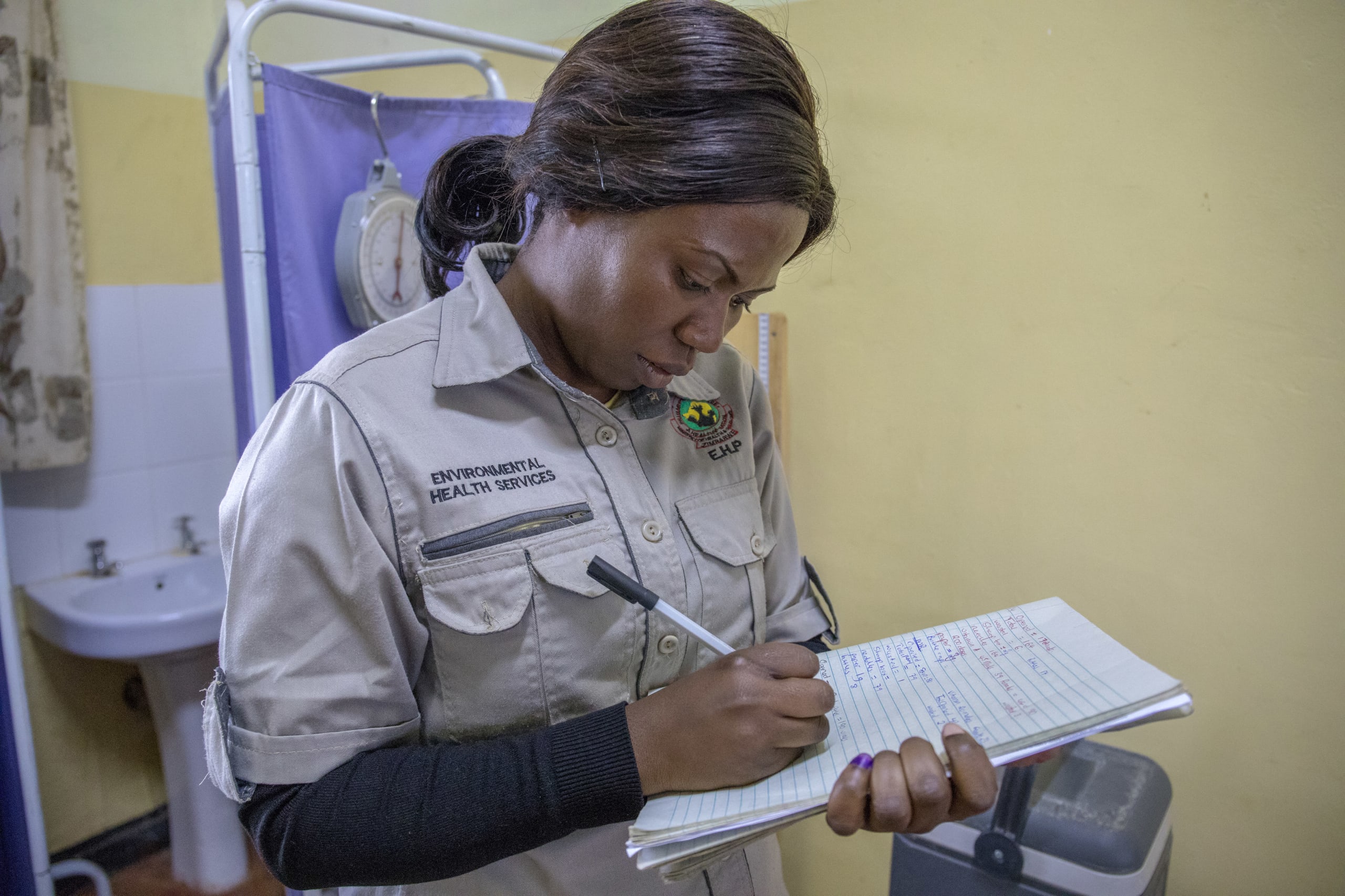
While the number of COVID-19 cases in Africa has been relatively low, the pandemic is taking a significant toll throughout the continent by overwhelming fragile country health systems. Fortunately, many governments are actively engaging civil society organizations, including those working in sexual and reproductive health and rights, to assist with their national health responses.
Advocates across sub-Saharan Africa, including those whom PAI supports, are rising to the challenge of the COVID-19 pandemic by adapting their work plans and strategies while ensuring that other essential services, such as family planning, aren’t pushed aside by government decision-makers.
PAI is also adjusting our approach so we can quickly respond to the needs of these country-level advocates by offering flexibility with existing grants and providing additional funding and guidance to support grantees’ COVID-19 activities. Here are five examples of how the grantees PAI supports are responding to the COVID-19 pandemic.
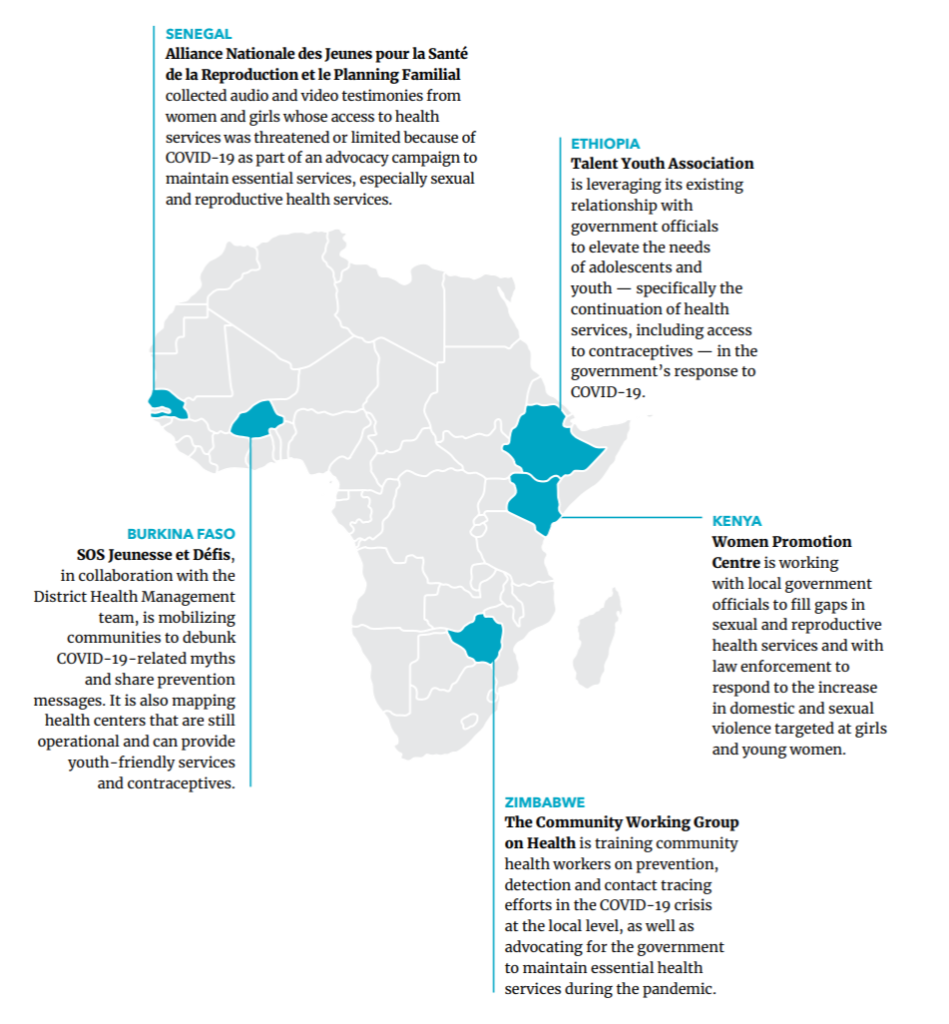
Board Member, Monthly Donor and PAI Champion Ada Williams Prince

How did you first become interested in women’s reproductive rights?
When I was in college, I spent a year working at a clinic in rural Nepal and saw first-hand the obstacles that people — particularly women — faced just to access basic health care. Pregnant women often traveled for hours on foot to reach the clinic to give birth. I knew then that we needed to do better by women and girls, and I wanted to be part of that solution.
That was 25 years ago, and while progress has been made, we still have a long way to go to ensure that women and girls everywhere have access to the sexual and reproductive health care they need.
How do you feel that PAI helps accomplish this goal?
PAI provides critical funding and guidance to more than 80 advocacy organizations in 26 countries around the world, helping grantees think bigger and more long term in their work to advance sexual and reproductive health and rights and increase access to quality care in their communities and countries.
How did you first learn about PAI?
Several years ago, when I was working with a refugee nonprofit, the CEO of the organization was invited to join the PAI board and asked me for my advice. I started looking into PAI and was excited to learn about its work on reproductive health issues impacting refugee populations — very few organizations were working in this space at the time. I also really like PAI’s innovative and collaborative approach to working with grantees.
What are the various ways you support PAI’s work?
In addition to serving on the PAI board, I’m a monthly donor and take advantage of my employer’s matching gift. I also hosted a fundraising event in my current hometown of Seattle. I love connecting like-minded people so they can learn more about PAI. In fact, I try to share information about PAI’s work whenever the opportunity arises!
What message do you have for PAI donors?
Women are connected by common experiences in every corner of the world. Women’s rights, particularly around sexual and reproductive health, are under constant attack, and the care they need is severely underfunded. Supporting PAI demonstrates your commitment to advancing reproductive rights for every woman, no matter where she lives. Thank you for all you do to help advance this vital work.

We are fighting back against the onslaught of harmful policies that discard reproductive rights.
Stay informed about the issues impacting sexual and reproductive health and rights.
